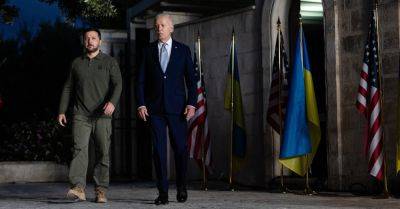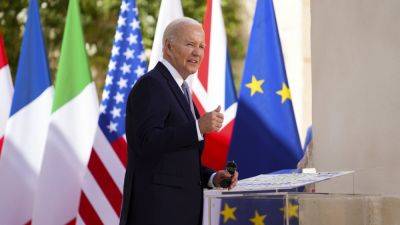Battlefield medicine has come a long way. But that progress could be lost
When the U.S. launched its invasion of Afghanistan and Iraq in the early 2000s, the military's surgeons were severely out of practice.
It was the first full-scale deployment of American troops in a decade. A lot of the medical corps' experience came from big city emergency rooms, which "is the closest thing to being in combat that you can get without actually being in combat," army surgeon Tom Knuth told NPR in 2003.
Facing hundreds of injured soldiers per month, surgeons were thrust into performing procedures they might never have seen before serving in a war zone – like double amputations. Soldiers were often getting to surgeons far too late for their contaminated wounds to be treated.
But as the fighting continued and the casualties mounted, the medical corps was forced to innovate.
Improvements like pop up surgical teams got wounded soldiers medical attention within the "golden hour" after injury. Newly designed tourniquets became standard gear, saving lives on the front lines.
"They achieved the highest rate of survival for battlefield wounds in the history of warfare," says Art Kellermann, who served as the dean of the Uniformed Services University, the military's medical school.
You're reading the Consider This newsletter, which unpacks one major news story each day. Subscribe here to get it delivered to your inbox, and listen to more from the Consider This podcast.
An attempt to cut costs
Now that the post 9/11 wars have ended, some veteran military doctors say the gains are at risk.
The Pentagon has tried to cut healthcare costs by outsourcing care from military treatment facilities to civilian institutions.
This caused a spiraling effect on the medical corps: military hospitals lost the numbers of patients







